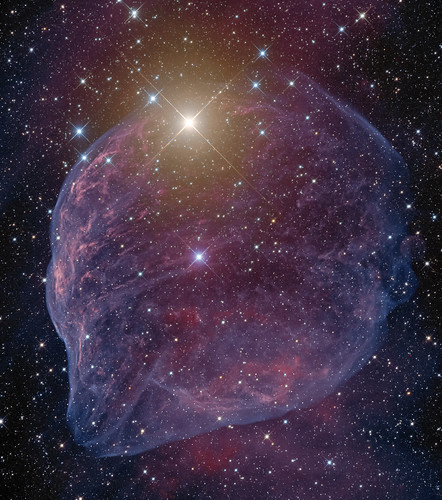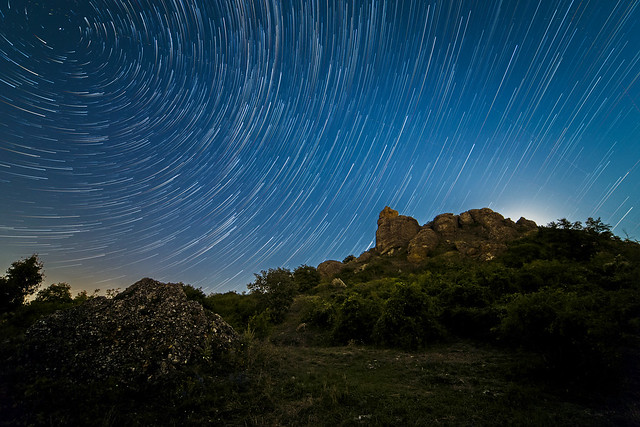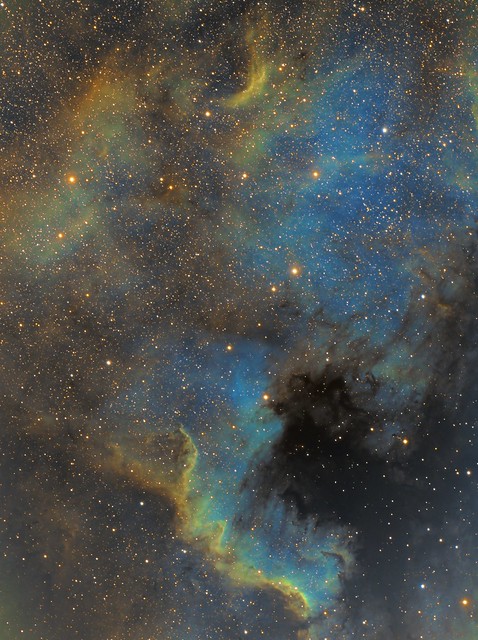Copernicus (lunar crater) - FALSE COLOR
Copernicus (lunar crater) - A Deeper Study
Copernicus was a Polish astronomer who fought geocentrism, placing the Sun at the center of the universe with Earth and the planets spinning around it. He removed the earth from the center of the universe.
COPERNICUS is one of the moon's most spectacular craters, with a large extension (93 km), just 3.8 km deep, with a sharp edge and well positioned for a good view of your floor using small telescopes. It is also surrounded by a complex lightning system from the debris ejected by the enormous impact that created COPERNICUS, mainly due to its “young” age of approximately 800 million years. What catches the eye is its difference in composition.
The moon is usually seen in subtle shades of gray or yellow.
The different colors made with the renowned false color technique known by nasa (
https://www.jpl.nasa.gov/spaceimages/de ... d=PIA00132), , are recognized to correspond to actual differences in the chemical composition of the lunar surface. Blue hues reveal areas rich in ilmenite, which contains iron, titanium and oxygen, mainly titanium, while orange and purple show relatively poor titanium and iron regions.
EQUIPMENT:
ZWO ASI 1600MC COLED
Meade 10 "UHTC in F10
Powermate 2x
Date: 08/13/2019
Time: 01:06
Location: Sao Paulo - SP - Brazil
Processing and Capture:
PixInsight 1.8 PI 1.8, Photoshop CS6, SharpCap V3.0 Sharcap, AutoStakkert AutoStackert !, Registax 6, PhotoScape
Copyright:Fernando Oliveira de Menezes
Email:
Barretosmed@hotmail.com
 NGC 7822 by Brendan Kinch, on Flickr
NGC 7822 by Brendan Kinch, on Flickr

 Startrails over the Hell's gate by Alessandro Carrozzi, su Flickr
Startrails over the Hell's gate by Alessandro Carrozzi, su Flickr
